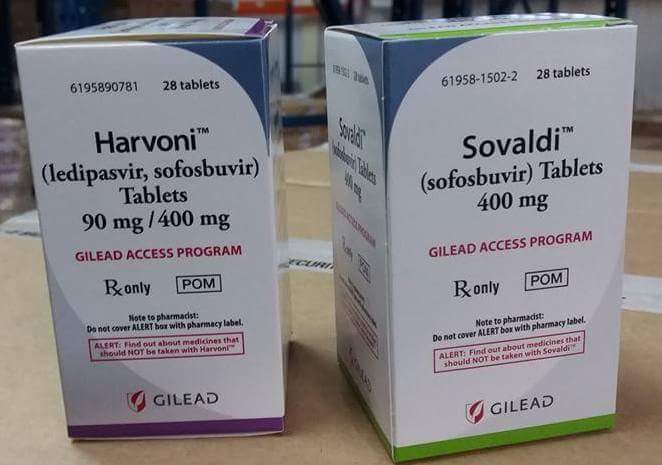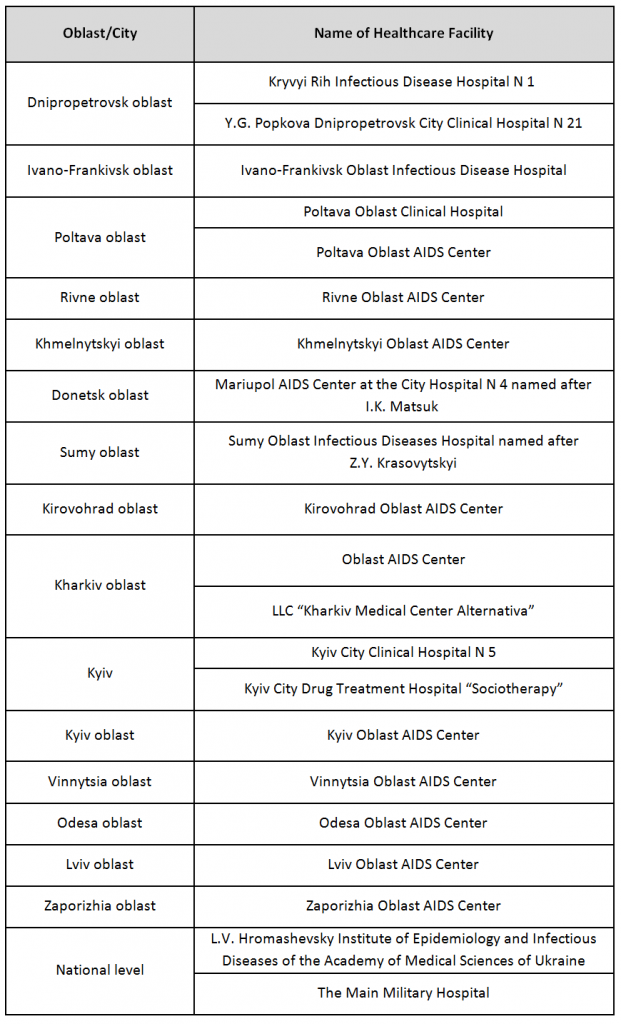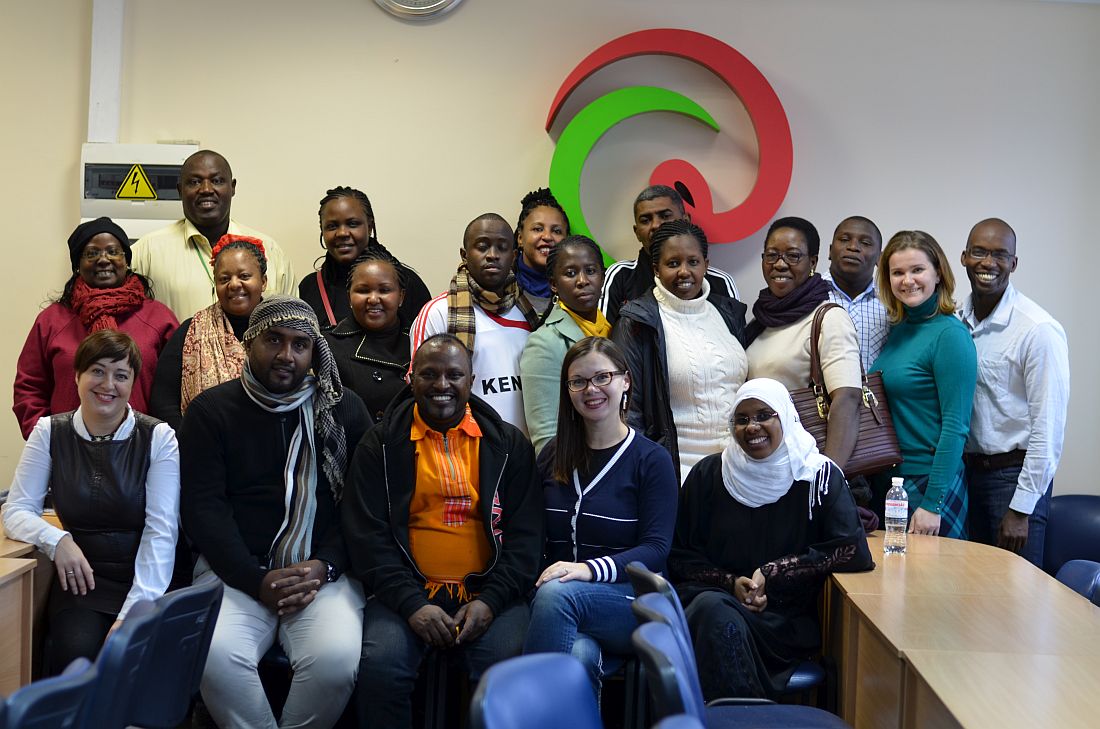On 6-9 February 2017, Alliance for Public Health held a four-day working meeting for partners implementing the project “Harm Reduction for Children and Young People Who Use Drugs in Ukraine” with support of the Elton John AIDS Foundation aimed at comprehensive prevention work with adolescents. Such project is implemented in Ukraine for the first time.
This project is unique because adolescents are an integral part of project team, which includes diverse specialists who are open to implementing new initiatives and demonstrate unbiased attitude to adolescents. As of today, project teams engaged over 5,000 adolescents to prevention efforts.
The working meeting held in the beginning of February 2017 was aimed at sharing the results of project activities in the field and discussing new areas, such as enrolment of adolescents from risk groups, online counseling, project supervision as well as capacity building of staff in partner organizations.
Participants of the meeting discussed successes and challenges in achieving 90-90-90 targets and key barriers in HIV testing and jointly developed ways to overcome such challenges.
 One of the important program components is organizing social and medical support for adolescents who use drugs. The participants reviewed scheme of the work of social and medical support teams, criteria of client enrolment into the support program and practical cases, with which local teams face.
One of the important program components is organizing social and medical support for adolescents who use drugs. The participants reviewed scheme of the work of social and medical support teams, criteria of client enrolment into the support program and practical cases, with which local teams face.
“The meeting allowed to once more discuss the issues arising in the course of project implementation, I learned a lot of new and important things concerning first contact with adolescents.”
Anatolii, project coordinator, Our Help NGO (Sloviansk)
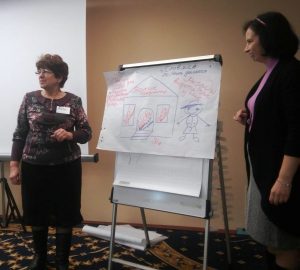 “It really helps that our work is structured and we are supported by our partners in solving difficult situations. We like it that we can use the wide range of forms and tools in working with this target group.”
“It really helps that our work is structured and we are supported by our partners in solving difficult situations. We like it that we can use the wide range of forms and tools in working with this target group.”
Iryna, psychologist, The Way Home NGO (Odesa)


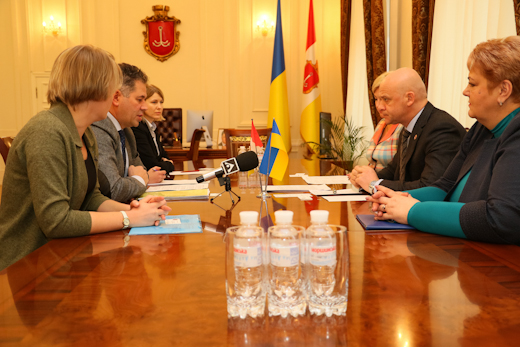
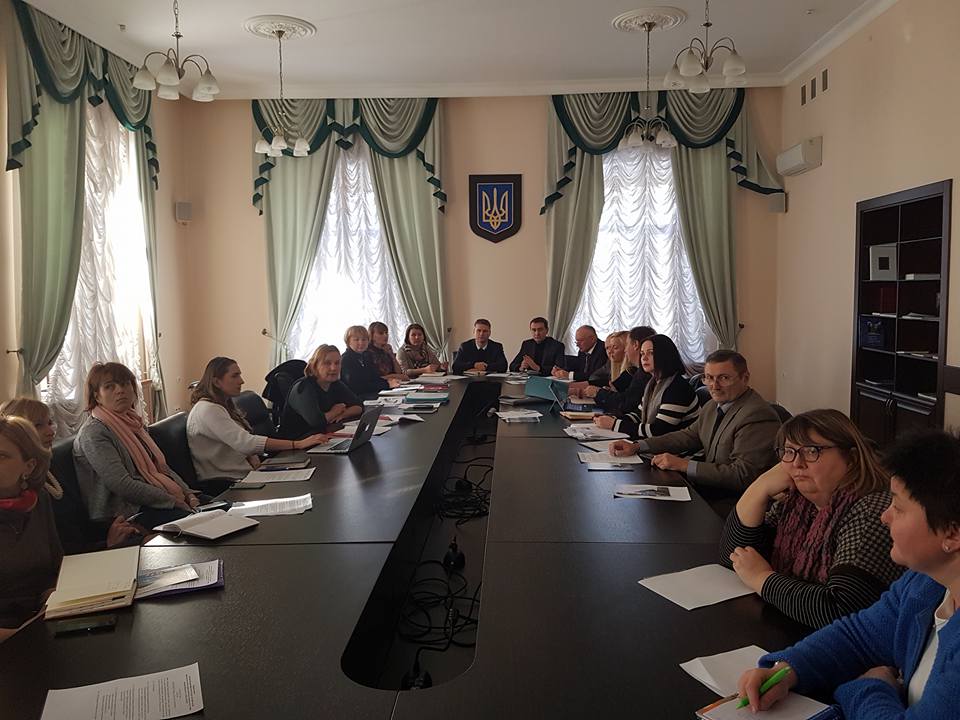
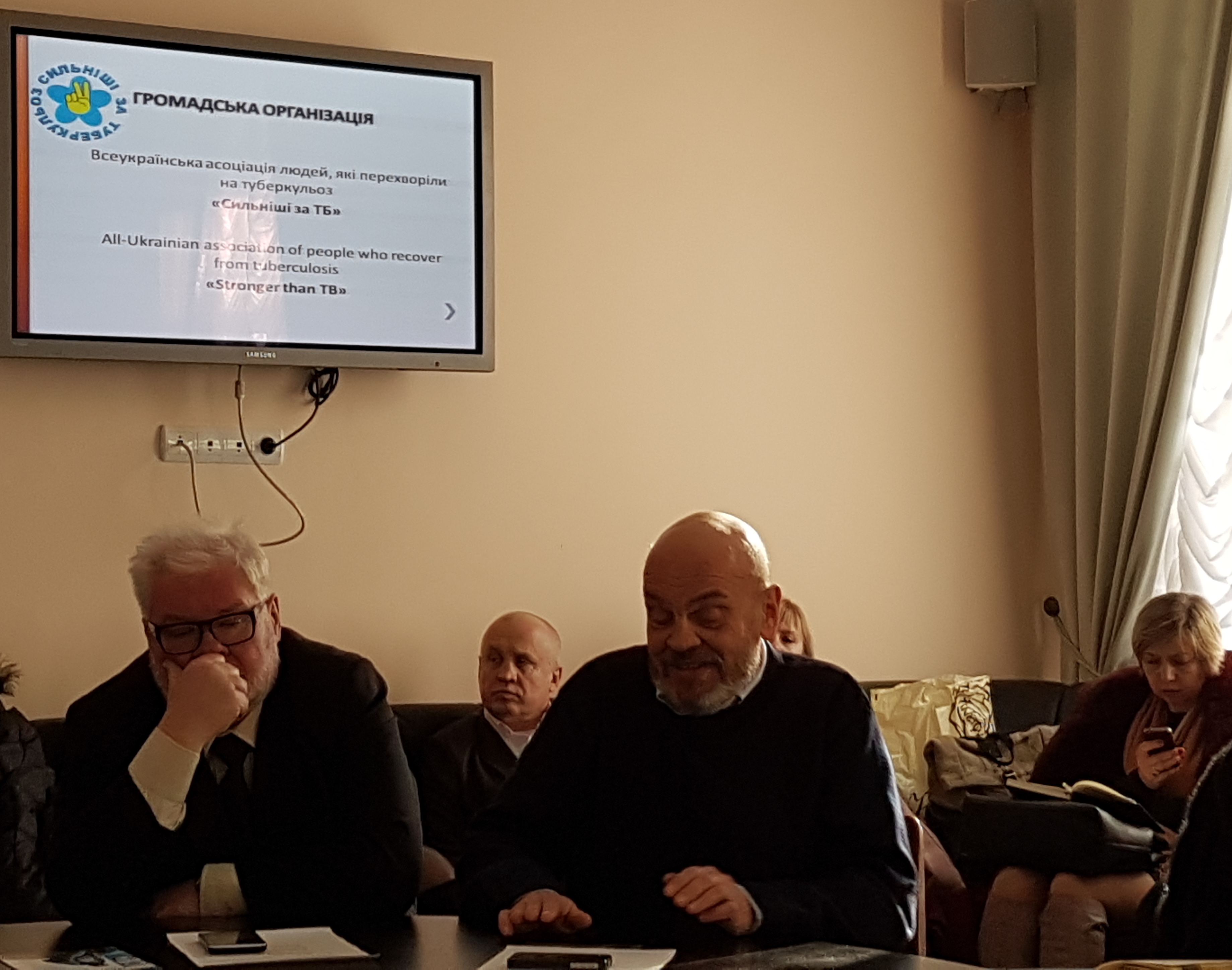 The group was created in order to elaborate and implement an action plan on the TB care reform in Ukraine. An important aspect of this reform is support of patient-oriented treatment of TB patients using outpatient care models. The specific objectives, which should be resolved by the government in the course of reforming the TB care, are related to capacity building and management of human resources as well as improving the effectiveness of funding in the delivery of TB care. The state, guided by the Ministry of Health, demonstrates its commitment to the reform by supporting the high-level national coordinating group.
The group was created in order to elaborate and implement an action plan on the TB care reform in Ukraine. An important aspect of this reform is support of patient-oriented treatment of TB patients using outpatient care models. The specific objectives, which should be resolved by the government in the course of reforming the TB care, are related to capacity building and management of human resources as well as improving the effectiveness of funding in the delivery of TB care. The state, guided by the Ministry of Health, demonstrates its commitment to the reform by supporting the high-level national coordinating group.

